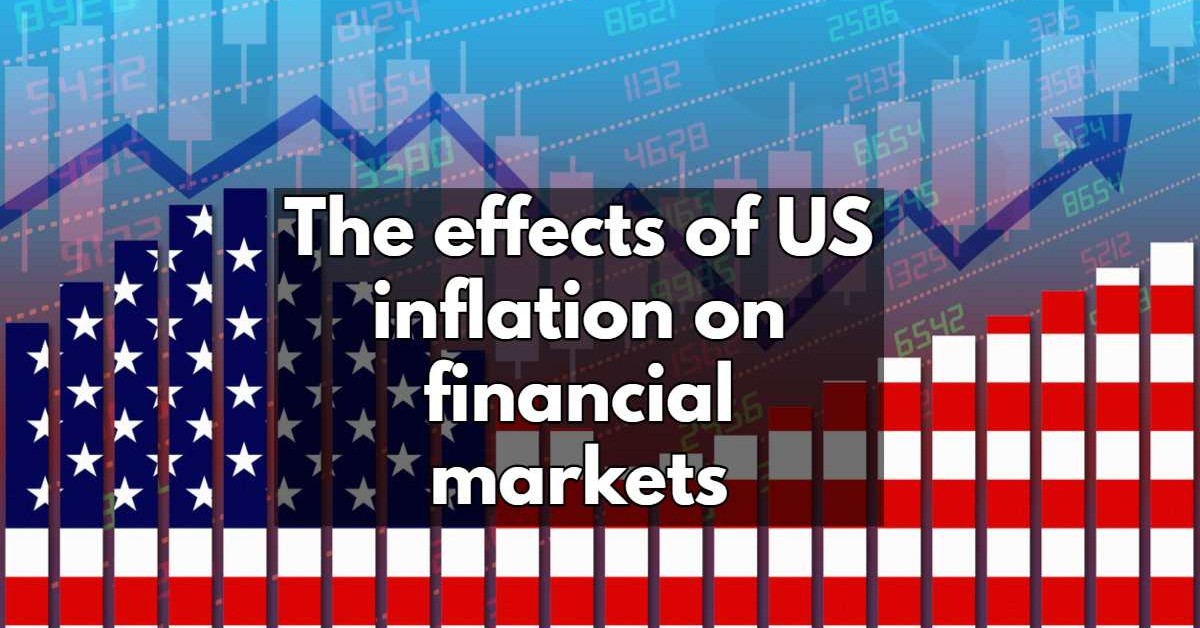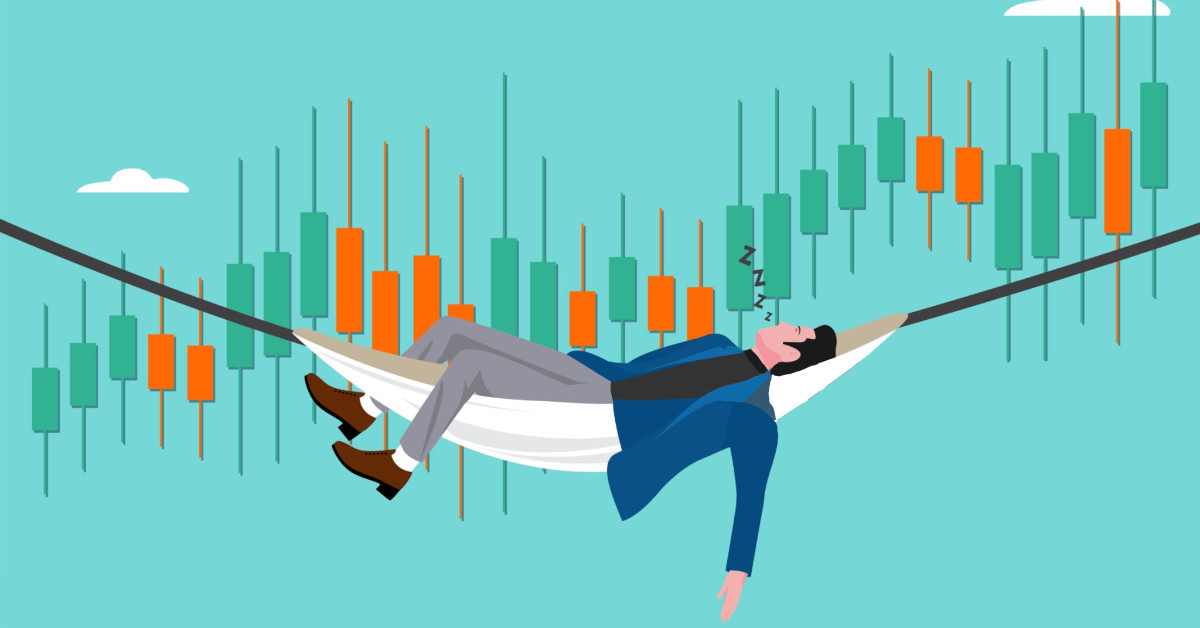Hard work fighting bears
Before investigating the US inflation effects on financial markets, reviewing the numbers in more detail would be better. According to the US Bureau of Labor Statistics, the US consumer inflation in January raised 6.4% year-on-year. This decline from 6.5% in December, the seventh consecutive month of fall and the smallest increase since October 2021, is still slightly higher than the market-expected 6.2%. However, on the monthly scale and compared with the previous month, prices raised by 0.5%, which is the most significant increase since June last year), this is while the previous month's inflation also has revised up to 0.1% (previously -0.1%). Excluding volatile energy and food prices (Core CPI), prices rose 5.6% annually, the smallest increase since December 2021 and lower than 5.7% of December inflation but higher than 5.5% of market estimates. Moreover, the monthly Core CPI recorded 0.4%, which was in line with market expectations, and a month earlier, as the previous month's inflation was also revised to 0.4% (previously 0.3%).
Looking at sub-data can give us a brighter overview. House and energy prices rose by 7.9% and 8.7%, up from 7.5% and 7.3%, respectively. On the other hand, new car and food inflation eased to 5.8% and 10.1%, respectively. Looking at the recently published labor market data tells us that a strong job market can increase wages, which means resilient consumer spending will also boost prices for services. All that means that taking longer than expected time for Fed to bring prices under control to their target levels.
Fed will continue its hawkish tone, the US dollar will stay in Demand, and Risky assets will need more time to get back into a stable uptrend. Moreover, since US bond yields also will rise, money will flow more to the US bond market, and pressure on Asian and European stocks and currencies will increase. So, this is what increasing inflation in January means.


















